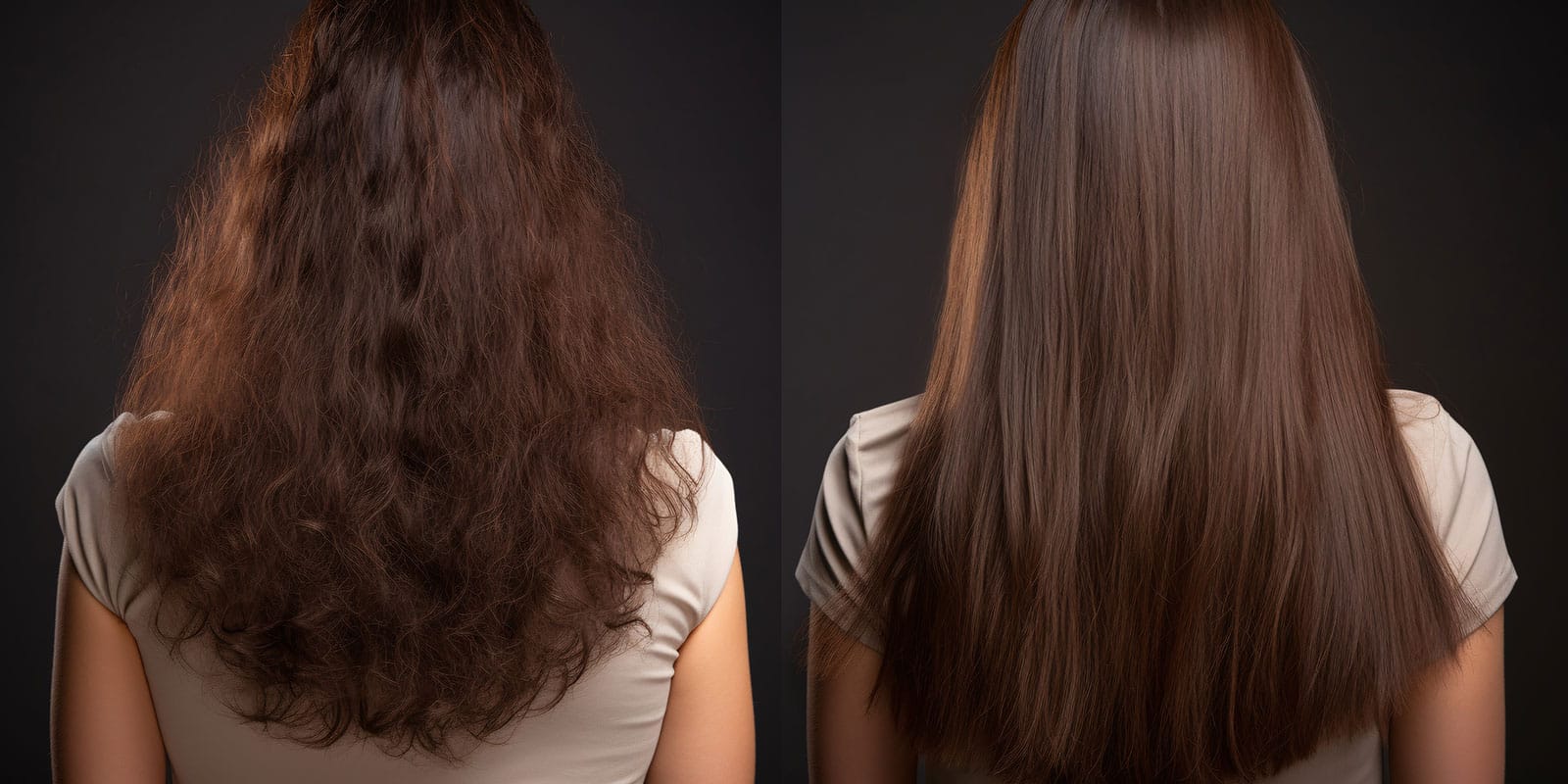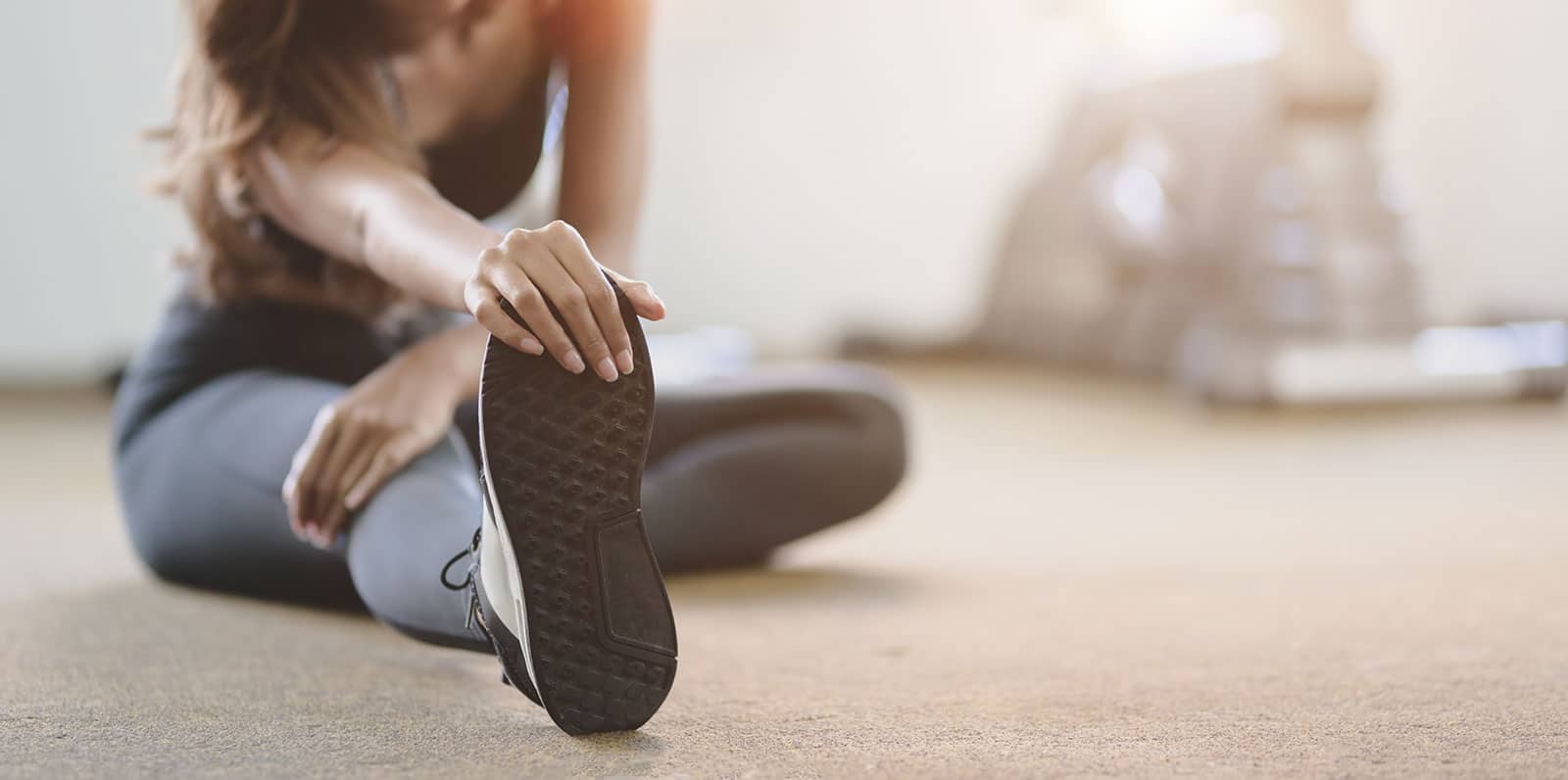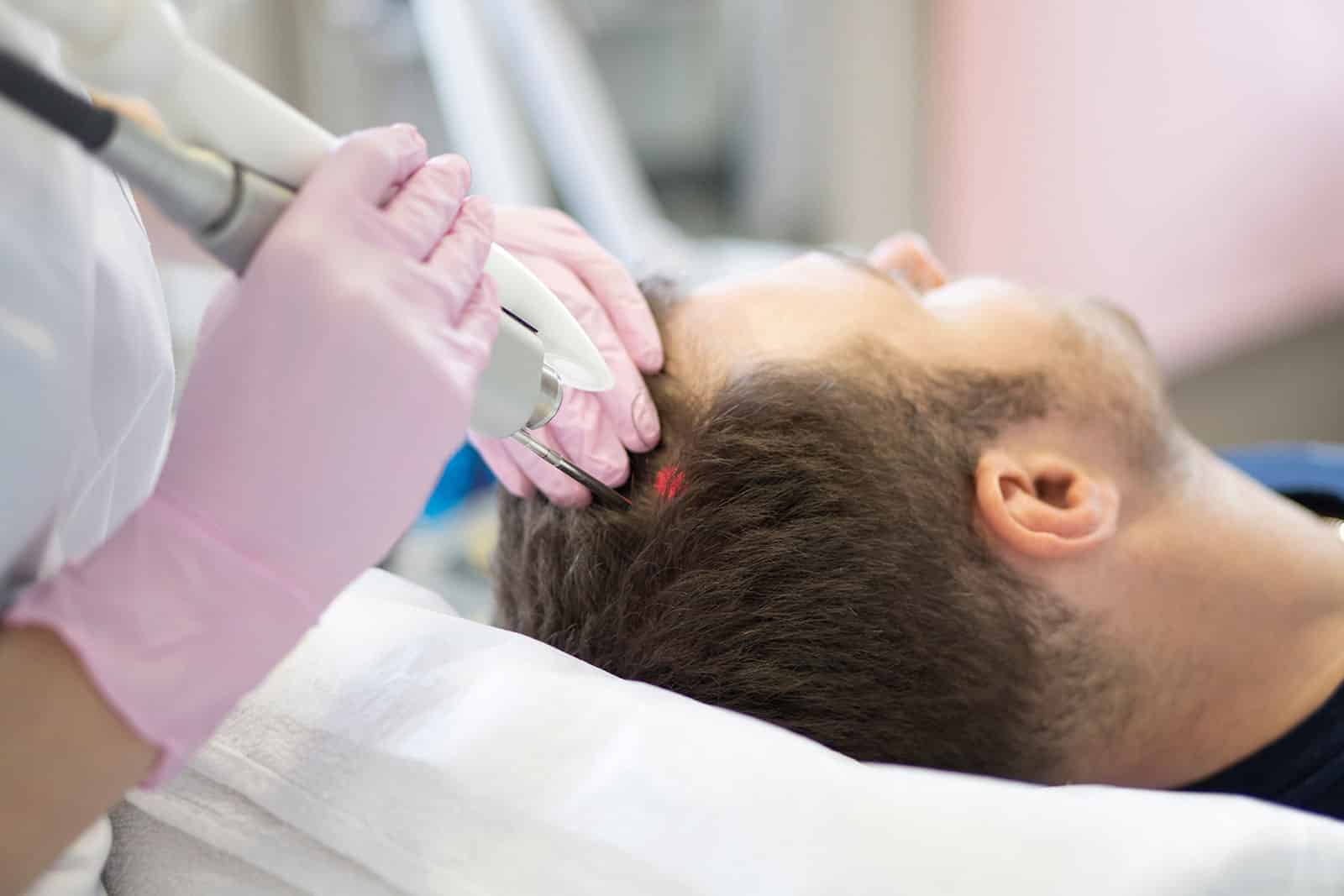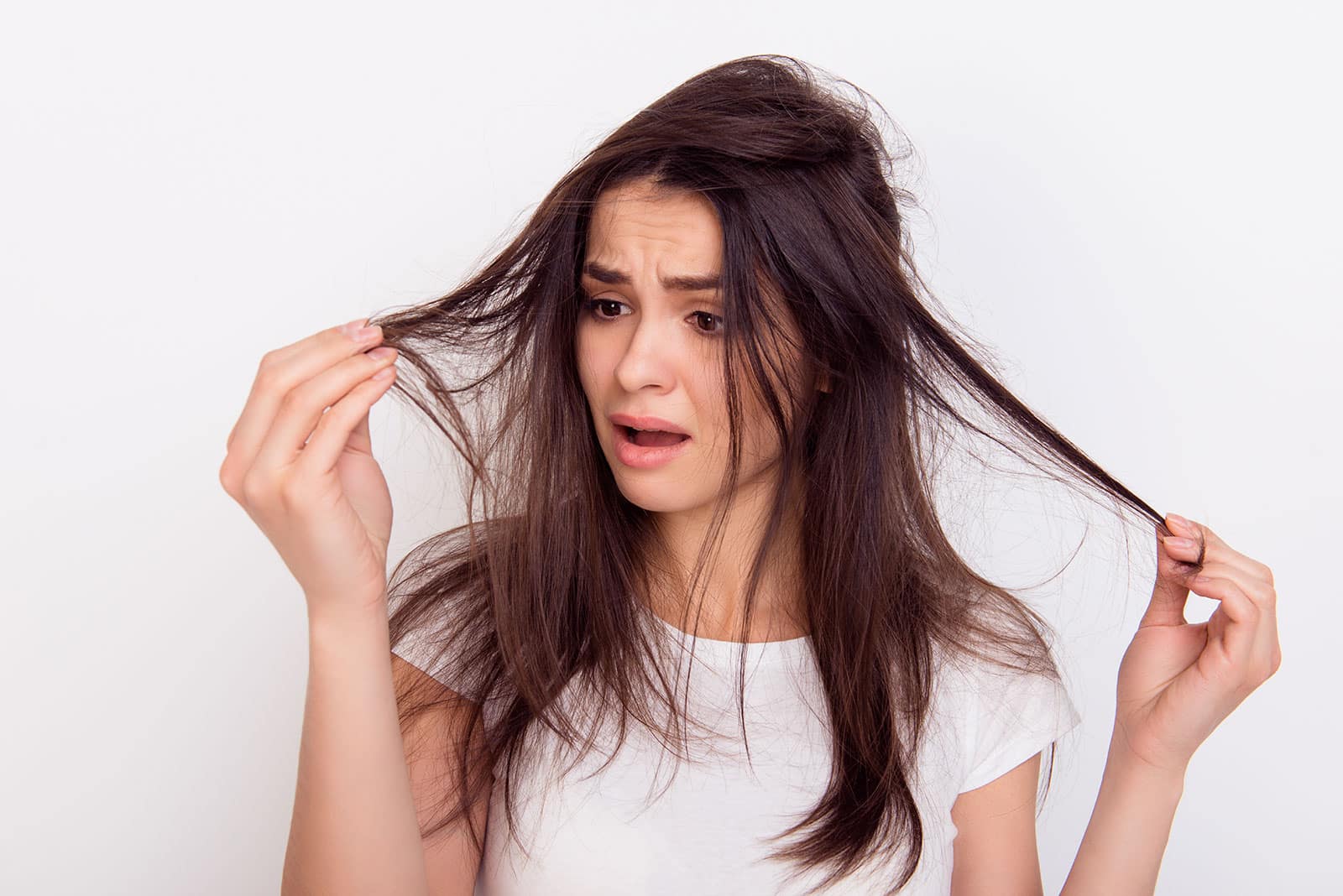We all know drinking alcohol has several side effects on your health, like high blood pressure, liver disease, and digestive problems. However, few of us are aware that a few cocktails can also affect our skin, nails, and hair.
Alcoholic beverages can change the growth rate and appearance of your locks with extended use. So, if you’re interested in finding out the difference between your hair before and after quitting alcohol, you’ve come to the right place.
Effects of Drinking Alcohol on Hair Growth
Right off the bat, you should understand that alcohol doesn’t directly cause hair loss or thinning. That means a glass of wine every few days shouldn’t affect your locks.
However, alcohol abuse can result in several other health issues that can damage your locks. Here’s a look at some of the most notable effects of drinking alcohol:
1. Malnutrition
To understand how alcohol consumption leads to malnutrition, we have to take a look at the small intestine. This is a tube-like organ that’s responsible for absorbing nutrients from food.
If you look at the lining of your small intestine under a microscope, you’ll notice tiny finger-like structures called villi. These increase the surface area of the organ to help nutrients move from the intestines to the bloodstream faster.
Over time, alcohol abuse can damage the villi and greatly reduce a person’s ability to absorb nutrients. That means they won’t have access to minerals like zinc, copper, or iron, which are all crucial for hair growth.
2. Dehydration
As most people know, drinking large amounts of alcohol can lead to dehydration. It acts as a diuretic, forcing your body to remove fluids from your blood.

This will dry out your scalp, leading to dandruff, inflammation, and itchiness. Because of that, your hair won’t have a suitable environment to grow.
On top of that, without enough water, the hair strands will have a difficult time maintaining their flexibility and shine. So, your mane may look a bit dull with countless split ends.
3. Hormonal Imbalance
Excessive alcohol overuse can cause a person’s hormones to go haywire. They will no longer be able to regulate the internal chemical balance of their body.
For instance, alcohol can lead to a significant drop in both estrogen in women and testosterone in men. This will have a noticeable effect on growth and development.
One of the telltale signs of this hormonal imbalance is thinning hair. Besides that, alcoholism can lead to thyroid issues. This gland is responsible for controlling your metabolism and how your body uses energy.
If the thyroid isn’t functioning properly, your body won’t be able to allocate energy to processes such as growing hair.
4. Elevated Stress Levels
One of the main reasons people indulge in alcohol is to forget about the stress of their regular routine. However, over-drinking can have the opposite effect.
The malnutrition and dehydration caused by alcohol can put your body through intense strain, which will impact your mental health negatively.
This state of elevated stress can lead to telogen effluvium. That means your hair follicles stay in the resting phase of growth.
When that happens, your locks won’t be able to develop past a certain point. Instead, they’ll start falling out and thinning.
Effect of Quitting Alcohol on Hair Growth
Luckily, the damage that excessive alcohol use causes to hair isn’t permanent. When you quit drinking, your body should be able to repair itself and start growing healthy, sturdy locks.
However, this isn’t always a guarantee!
If a person loses a substantial amount of hair due to alcohol abuse, the chances of them getting their full mane back are slim. That’s because excessive dehydration can cause irreparable damage to hair follicles.
Yet, you should be able to notice a significant difference in the quality of your locks. They’re usually shinier and more flexible after a person stops drinking.
Finally, it can take a long time to reverse all the hair damage caused by alcoholism. Depending on the severity of the substance abuse, people may have to wait two to three months to see a change in hair quality.
How to Boost Hair Growth After Quitting Alcohol
There are a few tips and tricks you can use to support hair growth after quitting alcohol. These range from daily activities to specialized treatment options.
1. Exercise Regularly
One surefire way to improve your overall health is to include a workout routine in your daily life. On average, you should exercise at least three times a week to ensure your body is in tip-top condition.

Not only will this help you get ready for swimsuit season, but it can also regulate your hormones. This will create the perfect environment for your hair to grow healthy quickly.
2. Rely on Supplements
There are countless hair growth supplements on the market. These are pills that come chock full of a wide variety of vitamins and minerals that can support your locks from the inside out.
Some of the most notable nutrients to look out for are:
- Folic acid
- B12
- Iron
While you can find and buy hair growth supplements online, it’s not the best idea. Instead, ask your doctor to write a prescription to avoid any unnecessary health complications.
3. Don’t Wash Your Hair With Soap Too Often
Washing your hair too often can strip your locks of essential nutrients that they need to grow. We recommend you soap up your hair no more than three times a week.
This should keep your locks clean and well-nourished.
4. Laser Therapy
If all else fails, you can seek out Low-Level Laser Therapy (LLLT) to improve hair growth. With this method, a laser will penetrate the scalp and stimulate your follicles.

That leads to faster cell regeneration, giving you a thicker, shinier head of hair.
Wrapping Up
If you’re wondering about the differences in hair before and after quitting alcohol, there are a few factors to keep in mind. First up, alcohol won’t directly affect hair growth.
However, it can lead to several conditions, like malnutrition, dehydration, and hormonal imbalances, which can affect your locks and lead to hair loss and thinning.
Thankfully, as soon as you quit drinking, your mane will recover and go back to normal. Yet, if you’ve experienced significant hair loss, you may need to boost follicle growth using supplements or a regular exercise routine.


